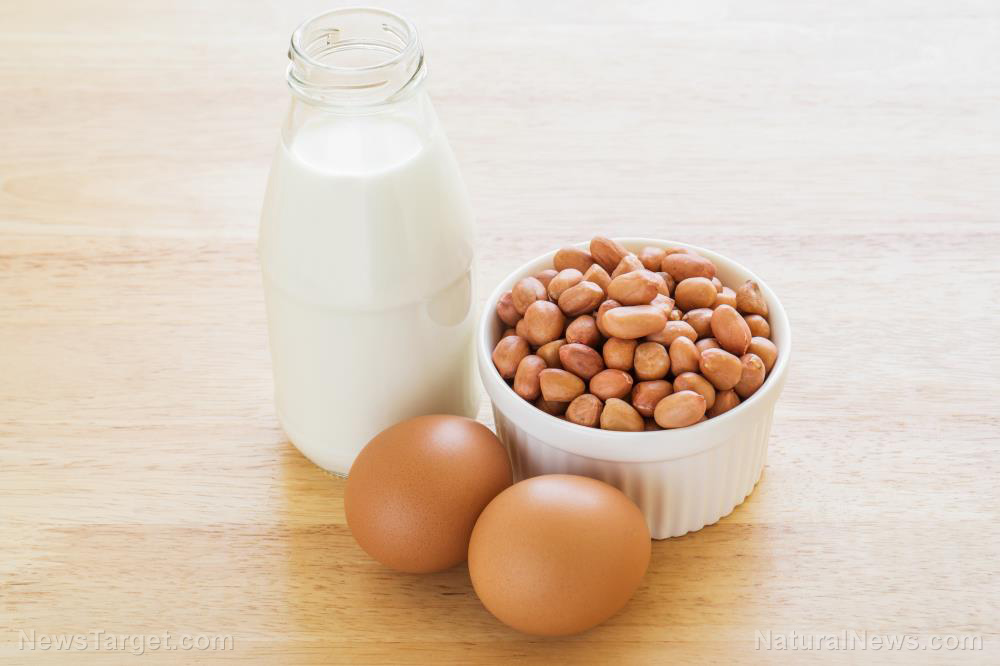
Advertisement
Breakfast being the most important meal of the day cannot be overstated. According to health experts, a nutritious breakfast is part of a well-balanced diet and should never be skipped. Besides providing you with the energy you need to get through the day, eating breakfast can also help you curb food cravings later in the day. But what kind of breakfast should you have?
In a recent study, researchers from the University of Missouri found that starting the day with a high-protein breakfast reduces cravings for sweet and savory foods. High-protein foods increase the production of dopamine, a chemical released by the brain that contributes to feelings of pleasure and satisfaction. This leads to decreased food intake, which can benefit people who need to lose weight, such as those who are overweight or obese.
Why you should not skip breakfast
Starting your day with a healthy and hearty breakfast can bring you plenty of health benefits. Here are some good reasons why you shouldn’t skip breakfast: (h/t to Share.UPMC.com)
- Eating breakfast helps you avoid overeating and snacking later in the day.
- Eating breakfast helps your body break down glucose better, resulting in lower blood sugar levels.
- Eating breakfast helps kickstart your metabolism.
- Eating breakfast helps energize your body.
- Eating breakfast helps curb weight gain, which increases blood pressure and blood cholesterol levels.
- Eating breakfast can give you a mental edge by stimulating your brain.
Research has also found that skipping the first meal of the day amplifies your perception of hunger but reduces your perception of fullness. As a result, people who skip breakfast are more likely to overeat than those who don’t.
Eating protein-rich foods for breakfast promotes healthy eating, helps fight obesity
According to statistics, about 36 percent of adolescents in the U.S. are either overweight or obese, and an estimated 80 percent are likely to become overweight adults. Researchers have also noted that skipping breakfast is becoming an increasingly common dietary habit among adolescents.
However, previous studies show that skipping breakfast is linked to increases in body mass index (BMI), weight gain and obesity risk, especially in young people. One proposed explanation for this is that people who don’t eat breakfast produce more of the hunger hormone ghrelin and less of the satiety hormone PYY. This is why skipping your first meal of the day leads to overeating.
To find out if a normal breakfast or a high-protein breakfast can influence food cravings and dopamine production, the researchers recruited 20 late-adolescent women who were overweight or obese. They asked some of these women to eat breakfast meals containing either 13 g of protein or 35 g of protein, or to continue skipping breakfast for six consecutive days.
On the seventh day, the researchers asked the women to answer food questionnaires and took blood samples to measure their dopamine production. The researchers reported that both groups who ate breakfast experienced reduced post-meal cravings for sweet and savory foods. They also had elevated levels of homovanillic acid, a marker of central dopamine production, in their blood.
In addition, the researchers found that those who ate a high-protein breakfast had greater reductions in their post-meal savory cravings than those ate a normal breakfast. The same women also sustained increases in their homovanillic acid concentrations before lunch. These results suggest that dopamine production, as indicated by blood homovanillic acid levels, is directly linked to protein intake at breakfast.
Based on these findings, the researchers concluded that eating a high-protein breakfast increases dopamine production in overweight or obese adolescents, benefiting them by decreasing their food cravings and overall food intake within the day.
Sources:
Advertisements







